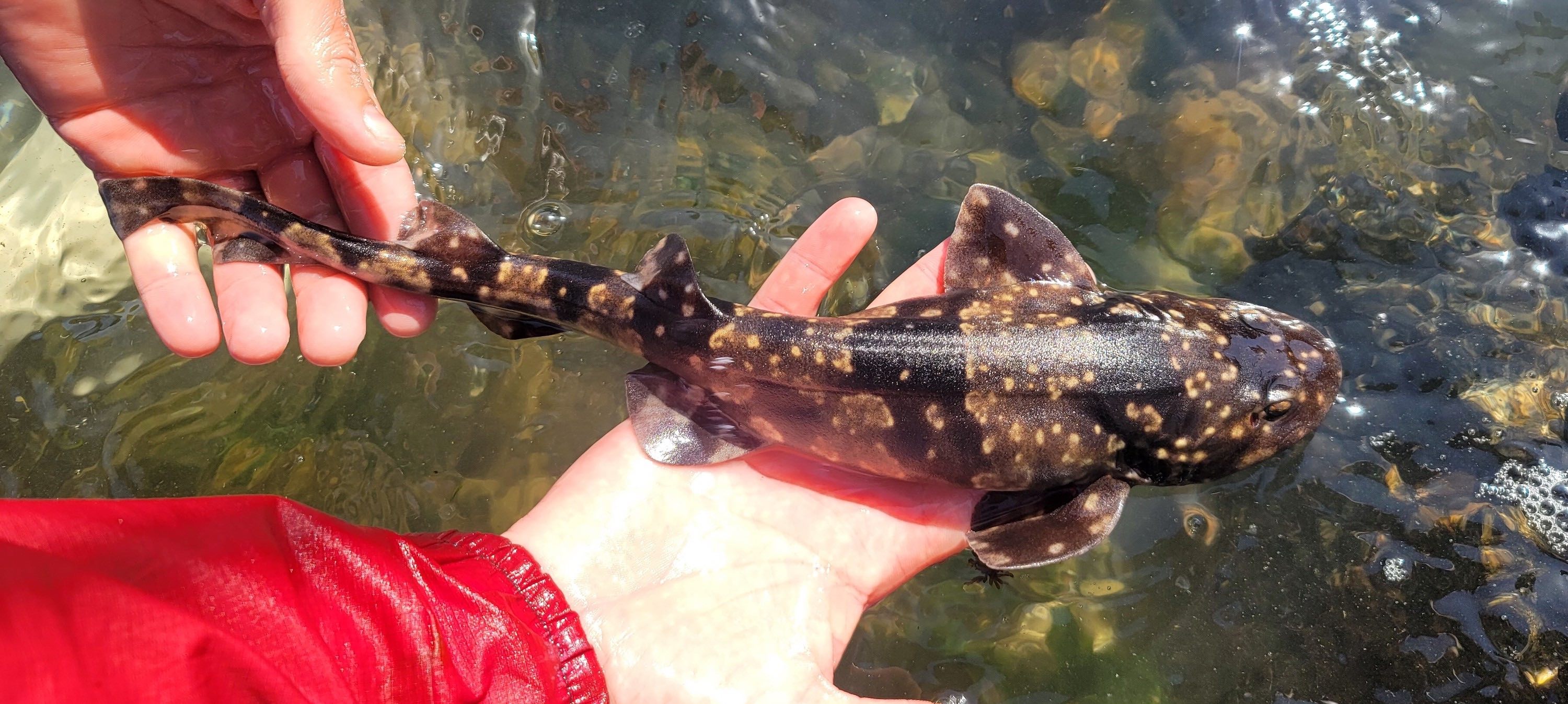
Sharks are known for their razor-sharp teeth, sleek forms and fearsome reputation. These mysterious creatures often find themselves typecast as villains in our stories about the ocean. Yet, as we delve into the depths of their world, a different story unfolds—one where sharks, those symbols of danger, become the unsung heroes of the oceans. Sharks play a crucial role in marine ecosystems, which has a previously overlooked impact on global climate change.
Sharks are part of a family of fishes that are characterised by their cartilaginous skeletons (cartilage is the tough connective tissue in our joints), which give them greater flexibility than fishes with bony skeletons. Many sharks also boast multiple rows of sharp teeth and a streamlined body. While the bigger sharks function as apex predators in the ocean, there are many other species that play a variety of roles in the ocean. Namibia boasts 52 shark species ranging from the tiny 70 cm dark shyshark to the massive 7-10 m basking shark.
All of Namibia’s shark species are carnivorous, although the animals they eat vary widely. While some species feed on small fish, others target larger marine animals like seals, sea lions, and even whales. Sharks inhabit nearly every corner of the world's oceans, from the icy waters of the Arctic to the tropical reefs of the Pacific. Some species are migratory, traveling long distances in search of food or suitable breeding grounds, while others remain in specific territories.
How sharks play a role in mitigating climate change
Sharks have a significant impact on the ocean's ability to produce oxygen, absorb carbon dioxide, and regulate acidity. The ocean is a vital carbon sink, absorbing vast amounts of carbon dioxide from the atmosphere. This efficient absorption of carbon dioxide is due to photosynthesizing plankton (known as phytoplankton): microscopic organisms that are responsible for producing a significant portion of the Earth's oxygen by functioning as the plants of the ocean.
The phytoplankton population is regulated by a wide variety of fishes, which prevent excessive growth of phytoplankton that could lead to harmful algal blooms. However, the populations of these fish species must be regulated to avoid overgrazing on the phytoplankton, just like terrestrial herbivores can overgraze plants on land. Sharks play an important role in regulating their prey species by hunting them.
By maintaining healthy populations of prey fish species, sharks help to ensure that phytoplankton populations remain robust. This, in turn, helps to maintain the ocean's ability to absorb carbon dioxide from the atmosphere, which reduces the rate of climate change. However, while these apex predators have been a crucial part of the Namibia’s marine ecosystem, they are facing multiple threats that put their populations in danger.
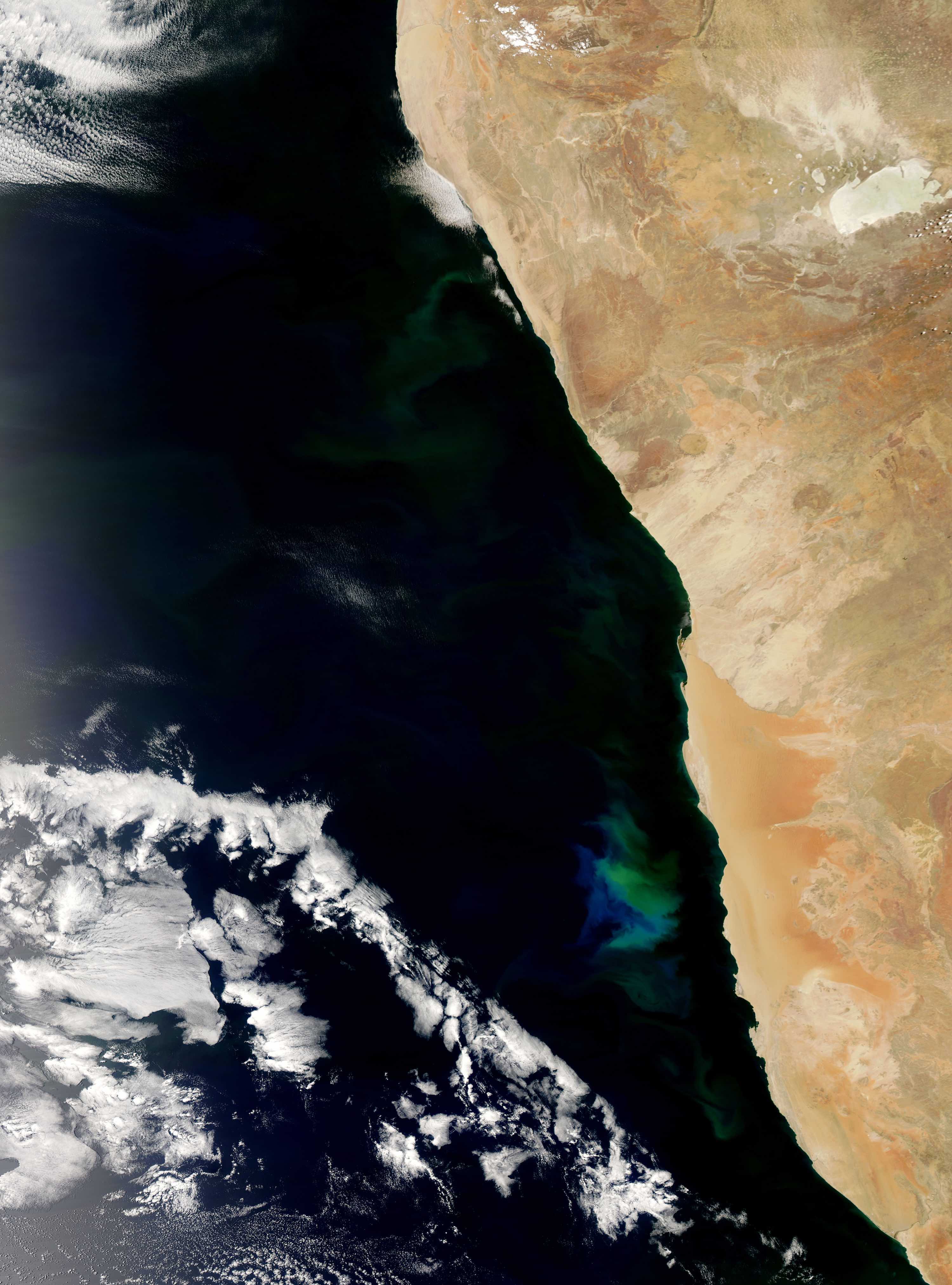
Why sharks are in danger
While sharks play a significant role in Namibia’s marine ecosystem and globally, they are currently under threat. To address these threats, the Namibia's Rays and Sharks (NaRaS) project was recently established by Dr Ruth Leeney, and is run through the Namibia Nature Foundation. As part of their goal to learn more about the of the diversity of sharks and their relatives off the Namibian coastline, the NaRaS team published a guide to help anglers correctly identify the sharks they catch, which also provides guidance on how to responsibly handle and release these sharks, to ensure their survival. They also produced a mini-documentary on sharks to create awareness among the Namibian public.
Globally, sharks were once considered unwanted catches by both commercial and subsistence fishermen, but now they are frequently captured in many fisheries around the world. The primary reason behind the increased capture of these species is the declining populations of historically targeted fish species due to overfishing. As traditional fish stocks diminish, many fisheries are increasingly relying on sharks as their primary commercial resource.
In other parts of the world, sharks are deliberately targeted for their valuable fins, meat, and liver oil. The practice of shark finning, which involves removing the fins and discarding the rest of the shark at sea, is particularly concerning. This unsustainable and wasteful practice is driven by the global demand for shark fin soup, which has led to a sharp decline in shark populations. Namibian authorities have to remain vigilant to ensure that this practice (illegal in Namibia) does not happen in our fisheries sector.
Ironically, another threat being faced by Namibian shark populations is climate change. Rising ocean temperatures and altered ocean currents can disrupt the distribution of prey species that sharks rely on for food. These changes may make it increasingly difficult for sharks to find prey, which in turn is likely to impact their health and reproductive patterns.
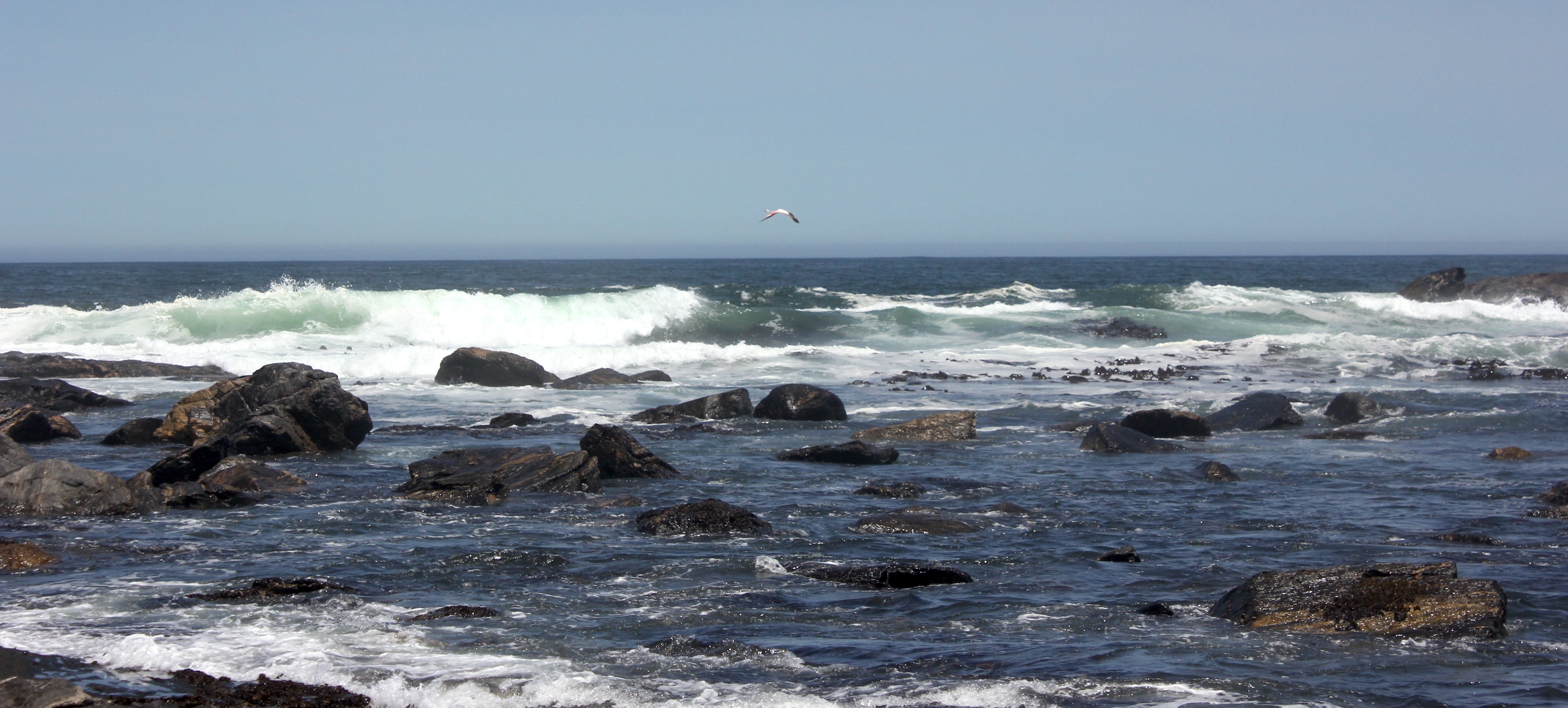
Shark research and conservation in Namibia
Fortunately, efforts are being made to address the challenges that sharks are facing. The Ministry of Fisheries and Marine Resources is mandated to protect Namibia's sharks by implementing catch limits, arresting and fining fishing boats involved in shark finning, and establishing and maintaining marine protected areas. The Namibia Nature Foundation assists the Ministry as needed, and the NaRaS research project on sharks and their relatives will provide further information that can be used to guide decision-making.
Shark conservation is essential for maintaining the delicate balance of our oceans. Sharks play an important role in maintaining balanced marine ecosystems, which contributes to climate change mitigation efforts. Protecting and conserving shark populations is important for safeguarding their critical functions in the fight against climate change and preserving the health of the oceans. Sharks are not just the predators of the deep; they are the guardians of our blue planet.
If you enjoyed this page, then you might also like:
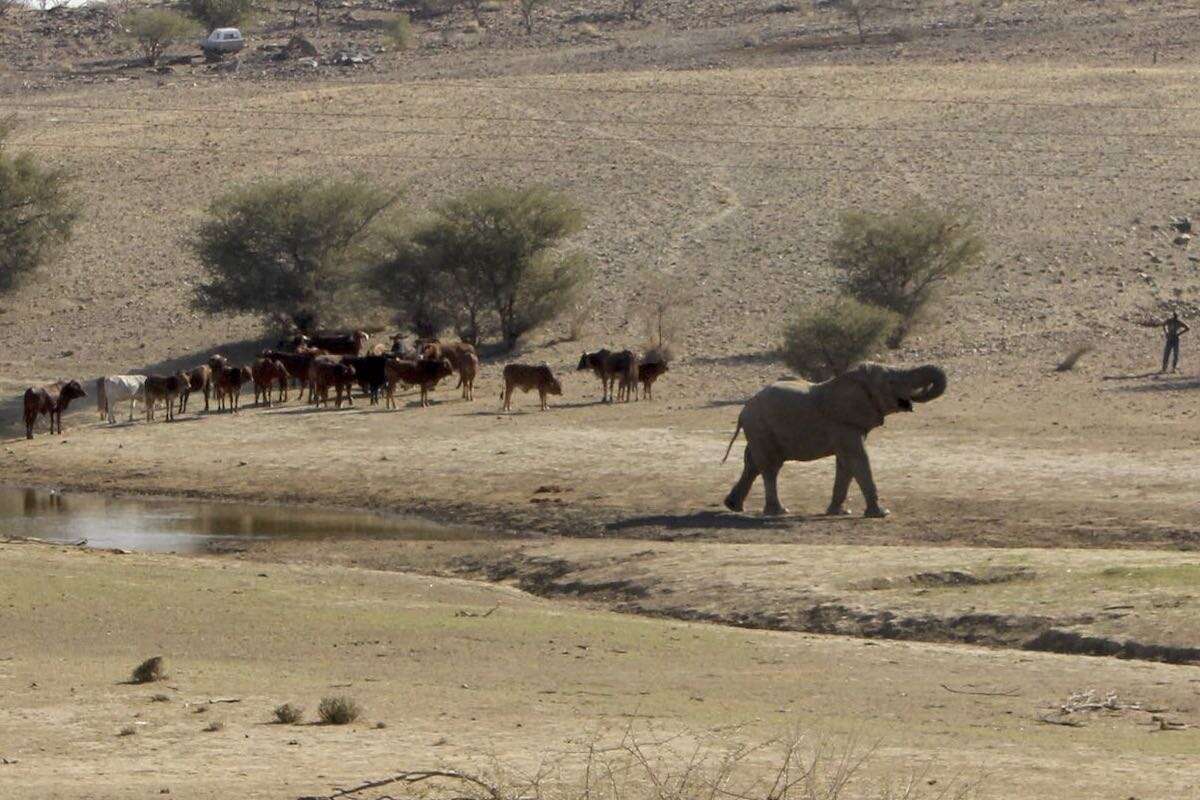
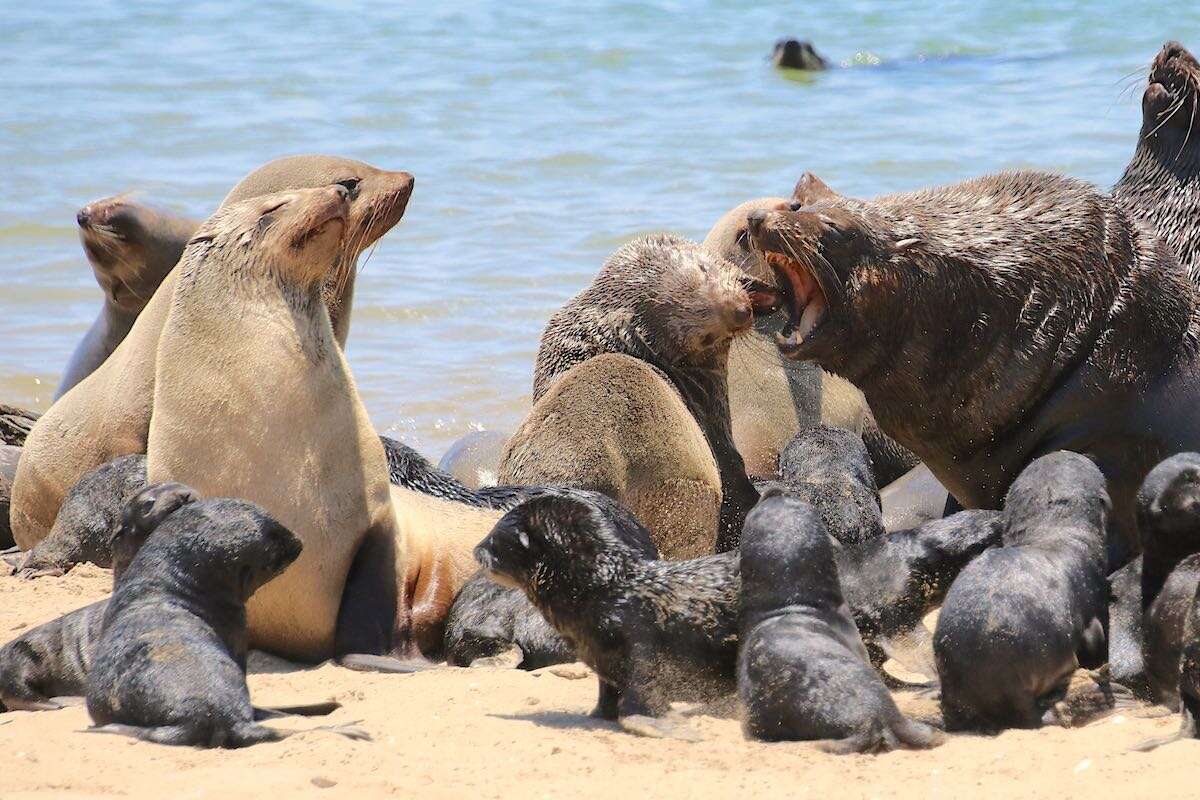
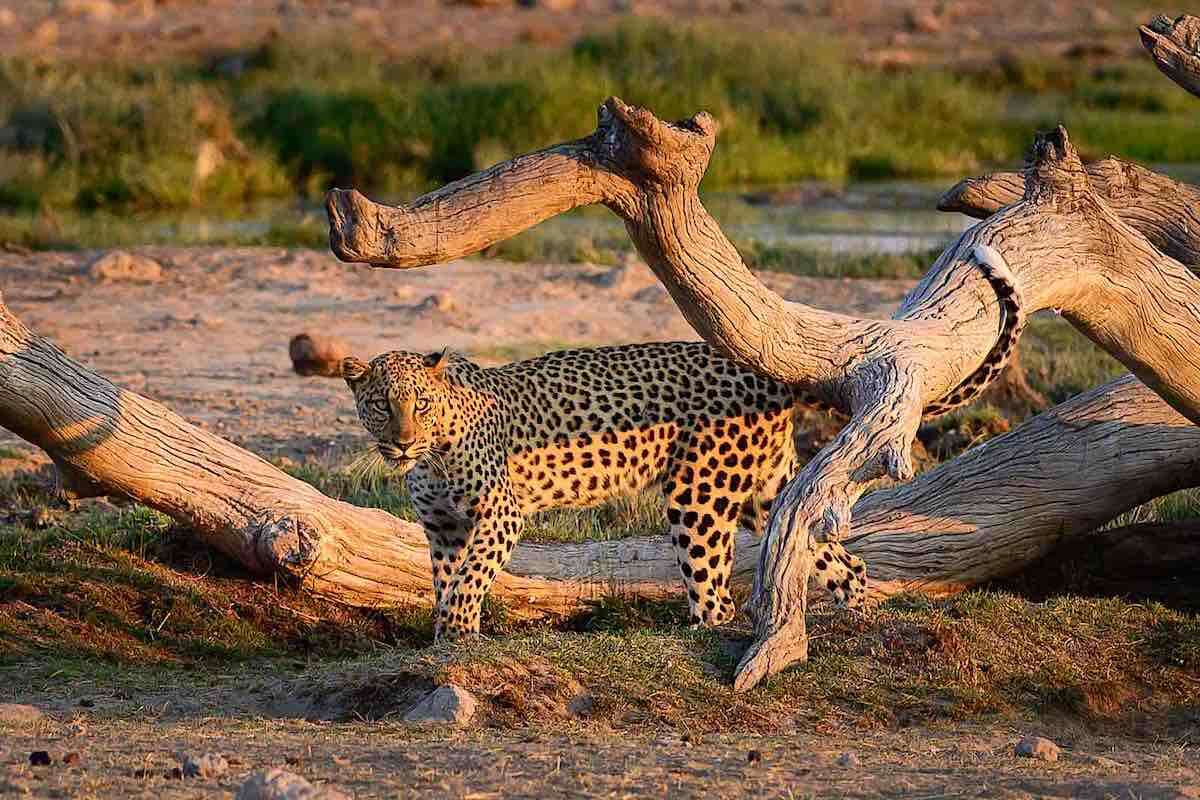
For articles on similar topics, please click one of the following options:

We use cookies to monitor site usage and to help improve it. See our Privacy Policy for details. By continuing to use the site, you acknowledge acceptance of our policy.